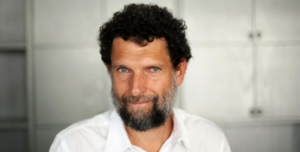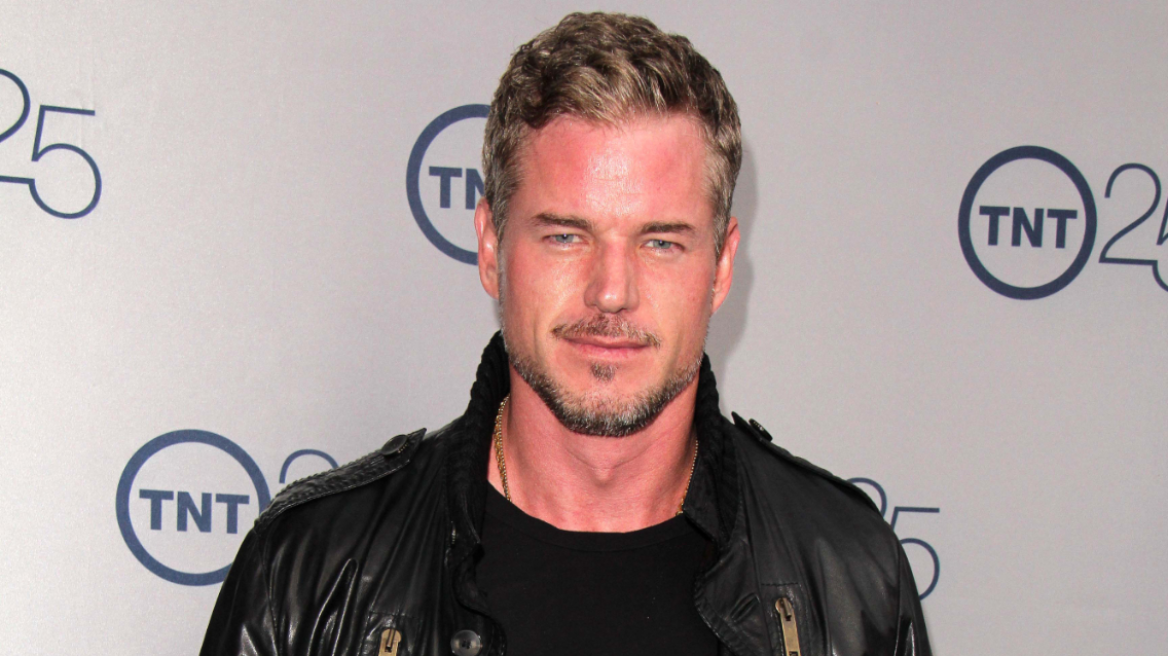To describe Osman Kavala’s journey into the Turkish justice system as Kafkaesque would be paying a compliment to the great Czech novelist.
Authorities first detained the businessman and philanthropist at Istanbul’s Ataturk airport in October 2017 as he returned from the south-eastern city of Gaziantep, where he had begun work on a project to help Syrian refugees.
Two weeks later, he was officially arrested on suspicion of attempting to overthrow the government by leading the Gezi Park protests of mid-2013, and also on suspicion of attempting to overthrow the constitutional order by taking part in a July 2016 coup attempt. Turkey’s ruling Justice and Development Party (AKP) tends to view the former as a sort of trial run for the latter, and labels anybody linked to either as a terrorist.
In February 2019, after 15 months of detention, Mr Kavala was finally indicted on the first count. A year later, an Istanbul court acquitted him of those Gezi-linked charges. But Turkish President Recep Tayyip Erdogan quickly denounced that decision, and Mr Kavala was re-arrested and indicted in connection to the failed coup. He was acquitted on this charge the next month and again ordered to be released, but the court instead added a new charge of espionage, again linked to the failed coup, and Mr Kavala stayed in prison.
Merck seeks FDA approval for Covid-19 pill
By this time the indictment against him ran to several hundred pages and hinged on random moments such as who he bumped into at an Istanbul restaurant. Despite the European Court of Human Rights (part of the Council of Europe, of which Turkey is a member) repeatedly finding no evidence to support the charges and calling for his immediate release, Turkish courts repeatedly approved Mr Kavala’s detention. In January 2021, an appellate court overturned the Gezi acquittal and that indictment was added to his espionage case.
The latest twist came this August. A Turkish court linked Mr Kavala’s Gezi-espionage case to a separate trial involving Carsi, the leading fan group of Istanbul football club Besiktas. Carsi members played a key role in the Gezi protests, but like Kavala they had previously been acquitted of any Gezi-linked crimes.
Read more: The National News
Ask me anything
Explore related questions





